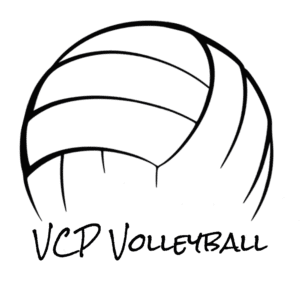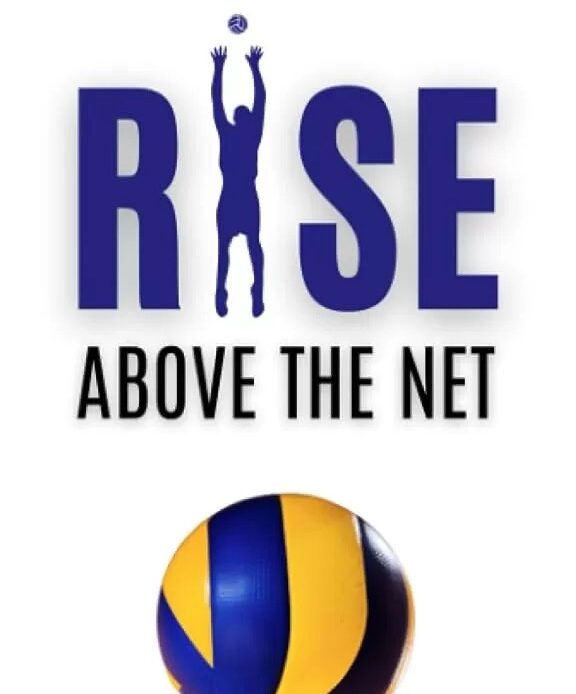I knew early on Rise above the net: on youth volleyball by Peter Bristotte was going to be a challenging read. It begins with a fairly detailed and wordy introduction. Things didn’t get any easier from there. Frankly, this book needed an editor – both for content and some typo/grammatical issues. It’s listed at over 650 pages!
This isn’t to say there aren’t good bits. You just have to weed through a lot of verbiage to get there.
The content
Chapter 1 is a kind of survey of Western philosophy and how it can link to coaching. There are a few interesting observations, but my guess is most readers will at best skim this part.
The philosophy carries over somewhat into Chapter 2, where the focus is largely on becoming a coach. The author no doubt will inspire argument with the opinion that coaches must have college degrees.
Chapter 3 is about research. It’s a dense chapter! The concepts discussed include blocked vs. variable, meta-cognition, spaced vs. massed practice, retrieval practice, and contextual interference. The end of the chapter is basically a list of prominent researchers and their contributions. With a lengthy bibliography, as well.
Chapter 4 starts off talking about curriculum, but then wanders around. I’m not entirely sure if it ever really locked in on any real point.
Then there’s Chapter 5. When I flipped to it I was pleased to see a quote from John Kessell as the chapter intro. Then I looked down in my Kindle app and saw the estimated reading time listed at 56 minutes. By comparison, Chapter 4 was something like 38 minutes, and that was definitely long (at least for me). Needless to say, I groaned a bit. The titular focus was Fundamentals. It started off talking about the value of game-like training, which I’m definitely in favor of. Then most of the chapter was a skill-by-skill breakdown. Each skill took up several pages, which is why it’s such a long chapter.
Offensive systems are the primary focus of Chapter 6, which is marginally shorter than Chapter 5. The 6-6, 4-2, and 5-1 all get coverage. Then Chapter 7 goes into defense and defensive systems. The author describes things in some ways new to me, but it was easy enough to folllow.
Chapter 8 turns the focus to what the author terms intangibles. Basically, it’s psychology. Going from very detailed chapters immediately prior, this one was strange. It struck me as quite superficial by comparison. Kind of like, “Here’s a bunch…
Click Here to Read the Full Original Article at Coaching Volleyball…

